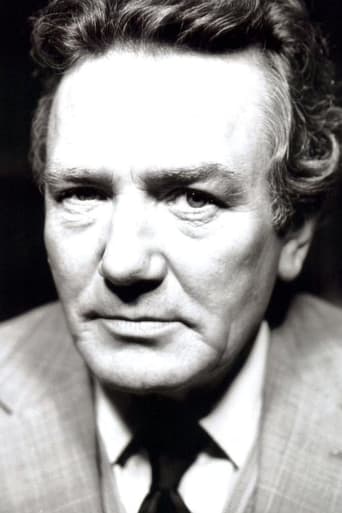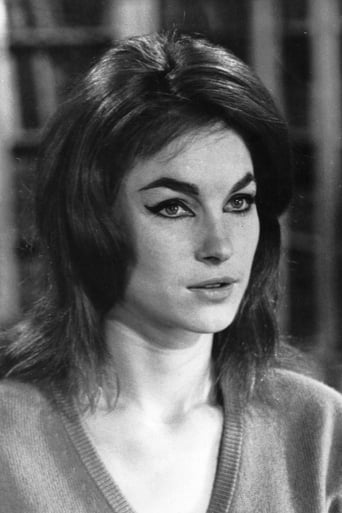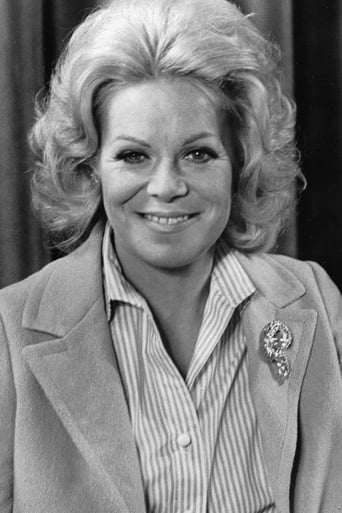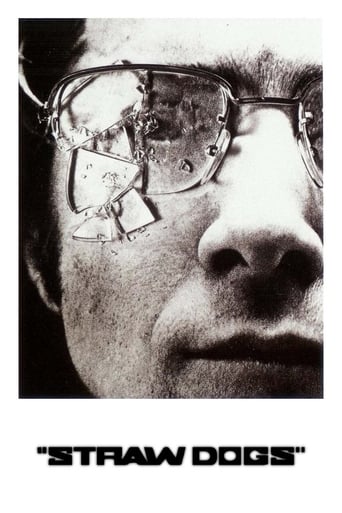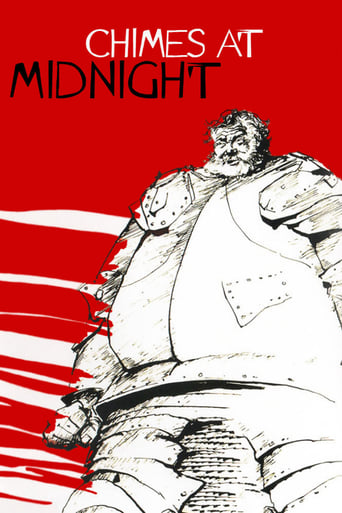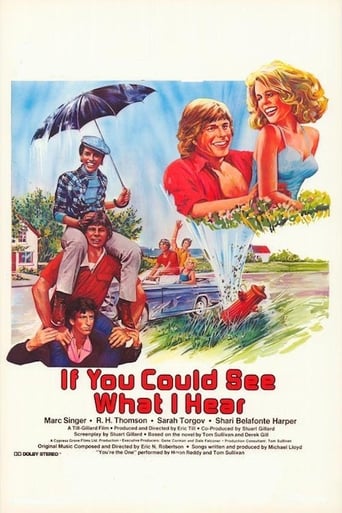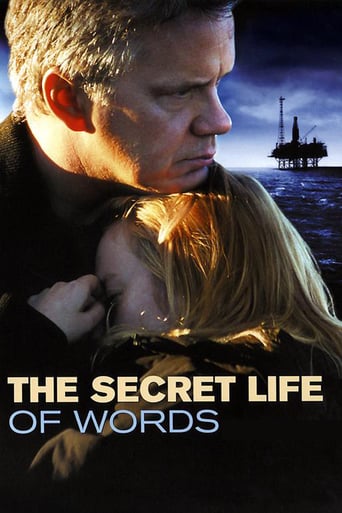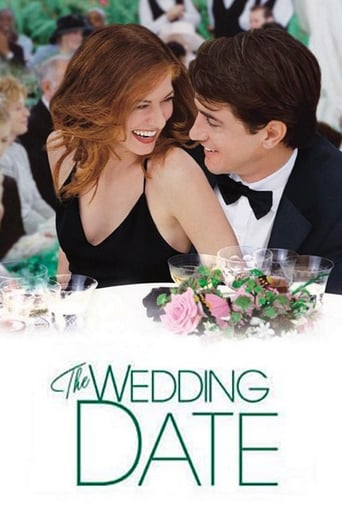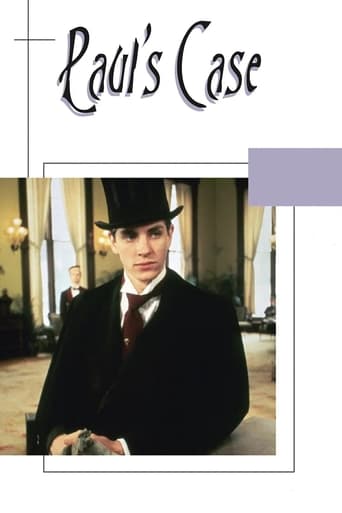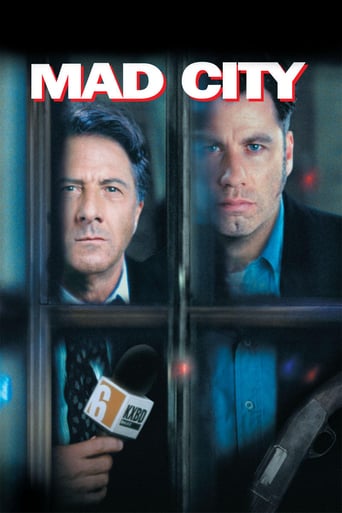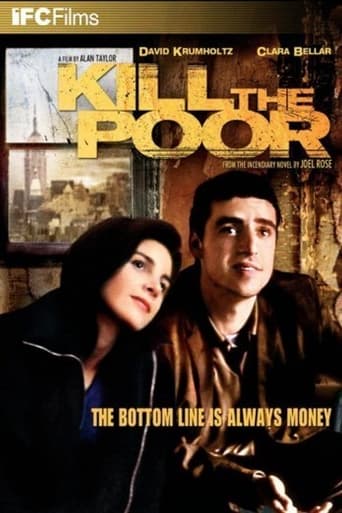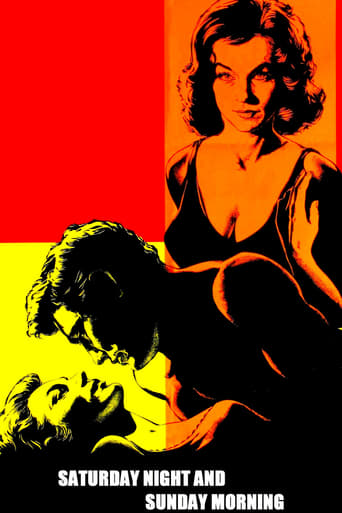
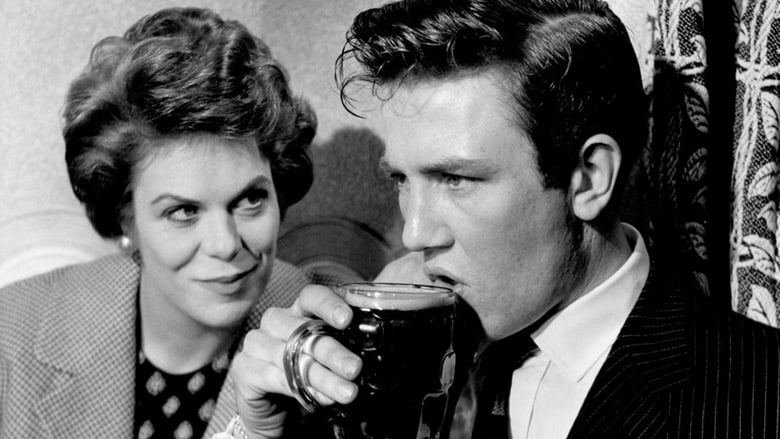
Saturday Night and Sunday Morning (1960)
A 22-year-old factory worker lets loose on the weekends: drinking, brawling, and dating two women, one of whom is older and married.
Watch Trailer
Cast
Similar titles
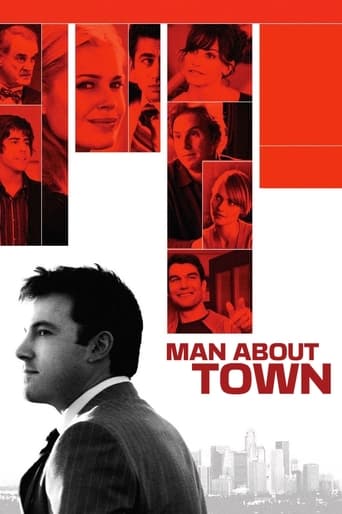
Reviews
Really Surprised!
Fresh and Exciting
If you like to be scared, if you like to laugh, and if you like to learn a thing or two at the movies, this absolutely cannot be missed.
After playing with our expectations, this turns out to be a very different sort of film.
UK 1960 English (B&W); Drama (Woodfall); 89 minutes (PG certificate)Crew includes: Karel Reisz (Director); Alan Sillitoe (Screenwriter, adapting his Novel); Tony Richardson (Producer)Cast includes: Albert Finney, Shirley Anne Field, Rachel Roberts, Hylda BakerBAFTA Awards (3): British Film, British Actress (Roberts), Most Promising Newcomer (Finney)A hard-living factory worker (Finney), out for a good time, pursues a chaste single girl (Field), while maintaining an affair with an older, married woman (Roberts).Gritty, once-controversial kitchen sink drama, notable for Finney's first starring role and working-class hero being less "angry" and more hedonistic than others that emerged from the British New Wave.
"Don't let the b******s grind you down!" The words which Arthur, the protagonist of Saturday Night and Sunday Morning, lives by. It is a powerful voice-over narration by Albert Finney which begins the film and introduces who his character is. The only problem is, he does not explain that this life motto - at least for him - means constant lying and a lack of consideration for women.We know from the get-go that Arthur is all about rebellion, specifically against his elders and their sense of tradition and manners; this is why he lacks any. He is also not the brightest star in the sky, letting his alcoholism (which he denies) get the best of him early on in the story.Arthur dreams big though. There is a great scene when he is fishing with his cousin talking about a new girl in his life Doreen, when he states "never bite unless the bait's good." If this is another part of his philosophy on life, it is curious as to why he goes for the older, married woman Brenda early on in the film. Perhaps he is learning since his relationship with Brenda comes back to bite him later in the story.With scenes of Arthur working at the factory, this becomes a commentary on the working class in England, but the commentary is slightly confusing. A young working man is susceptible to fall into a lifestyle including womanizing and living life to one's own terms, yet other characters who are nothing like him work with Arthur at the factory as well. In fact, Brenda's husband works at the same factory and from what we see of him he is a loving father and generally caring person. Perhaps, then, this film is a commentary on the young adult in England rather than the entire working class.This is clearly a "rebellion" movie which gets its point across with some strong voice-over work by Albert Finney, and while the acting is great and Arthur is a well-developed, detestable person, at some points the audience can't help but ask "so what?"3.0/4.0
Albert Finney drives this film with his brilliant performance as Arthur Seaton, an angry young factory worker from Nottingham who lives for the weekend.His infectious appetite for trouble has developed a reputation for being a rogue in the terraces and ginnels of his neighbourhood. He likes the ladies, and although there are plenty of single women out there for him, he chooses to sleep with Brenda (Rachel Roberts), the wife of his workmate Jack (Bryan Pringle). A scene early in the film shows Arthur gleefully finishing breakfast at Brenda's house when Jack is moments away from walking through the door. Arthur deliberately takes his time in escaping, relishing the close shave.Opinionated and disaffected, Arthur enjoys regular rants with his close friend Bert (Norman Rossington) about the banality of the quiet life and how he has 'fight' in him. Although he dislikes authority figures and the local old bag who pokes her nose in everyone's business, the enemy that he's fighting isn't a human, his enemy is conformity, the prospect of settling down and facing the daily grind makes him very anxious and fiery indeed.This leads to an awful lot of troublemaking, which can be very funny. In one moment he loads his rudimentary pellet gun, quietly opens a window and shoots Mrs. Bull (Edna Morris), the aforementioned nosey cow, in her fat backside whilst she gossips. I laughed excitedly like a naughty adolescent as if I was really with Arthur, frightened of what the petty old hag was going to do. Inevitably, Arthur treads on some toes and he doesn't always get away scot free, the gravest example of this being a fight scene that, unsurprisingly, is very dated. However, Arthur isn't bothered by a tough fight, 'It's not the first time I've been in a losing fight, won't be the last either I don't spose I'm a fighting pit prop who wants a pint of bitter, that's me.' During a fishing trip, his friend Bert asks the ranting Arthur 'Where does all this fighting get you?' It's an important question and I don't think Arthur is sure of the answer.Arthur knows that he's following the same well-trodden path as all the old farts around him and it seems he has an existential crisis every time he considers it, but he'll probably soon mellow and learn to, in the words of Bert, 'go on working and hope something good'll turn up.' Either that or move away and do something completely different, something that breaks away from his area's cyclical nature that he detests so much.Unlike so many romantic dramas and especially comedies, the film has a romance that you genuinely care about. Arthur meets the lovely Doreen (Shirley Anne Field), a beautiful, measured and reserved woman who keeps Arthur's charm at bay, which entices him even further. You hope that the angsty, impetuous Arthur won't squander his chances of a good relationship with a good woman.Saturday Night, Sunday Morning is a epochal piece of realist British cinema that remains resonant and largely undated.85%www.hawkensian.com
Albert Finney gives a breakout performance in Saturday Night And Sunday Morning which launched him into stardom. But as for Great Britain's angry young men I much prefer Richard Burton in Look Back In Anger. But I will say it is certainly a tribute to Finney as an actor and to his charisma that he kept the audiences interested in such a lout of a character that he portrayed.Burton's Jimmy Porter was a lout himself, but someone capable of looking at the wider world and caring about it. His best scene in Look Back In Anger was him standing up to the market supervisor on behalf of an Indian merchant who was being discriminated against.But our protagonist Arthur Seaton could give less of an atom of human waste product about the wider world. He's stuck in a dull factory job and takes it out on the world. He lives only for the weekend when he's out carousing with his mates at the local pub and carousing with Rachel Roberts who is married to one of his supervisors at the job.Things change a bit when Finney meets up with Shirley Anne Field who's a pretty young thing and doesn't have an inconvenient husband around. He's keeping them both, but then Roberts gets inconveniently pregnant by Finney.There's some indication in the end that Finney might readjust his attitude on life in general and the opposite sex in particular under the tutelage of Field. Still I really haven't much hope for him.Rachel Roberts turns in a fine performance as a woman used and abused by a truly sexy lout of a man. And Finney despite the repellent nature of his character will keep you glued to the big screen or small.
